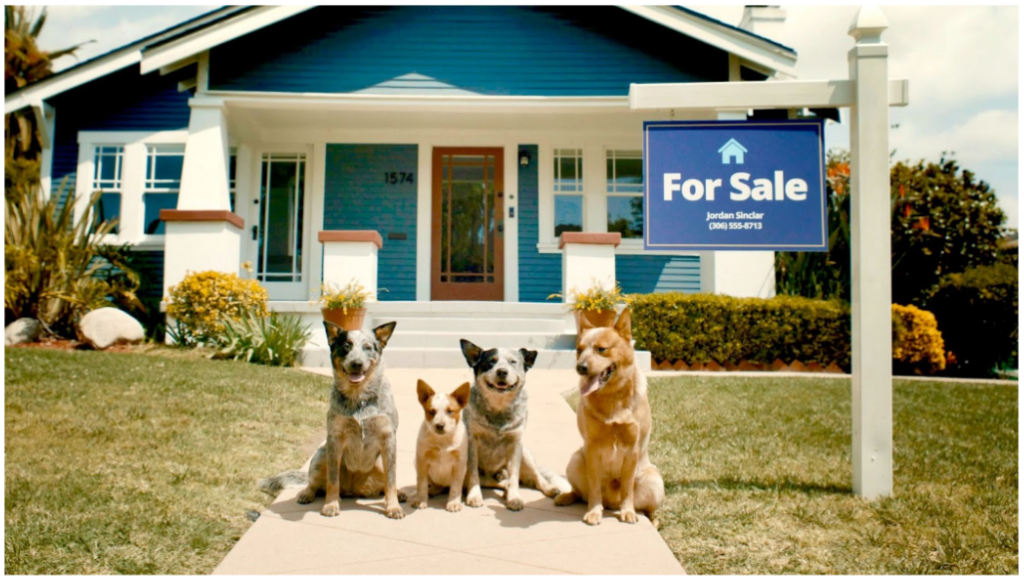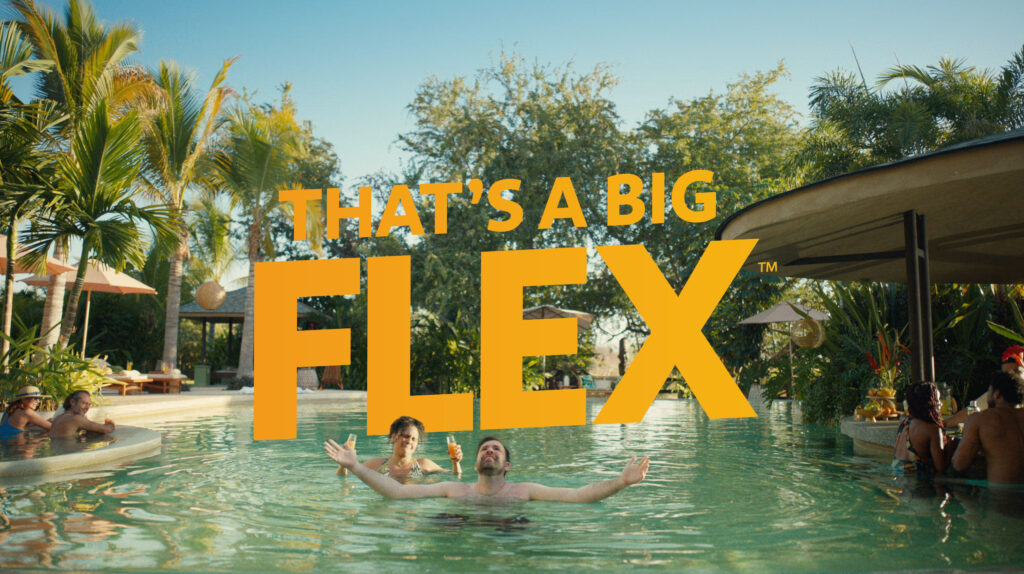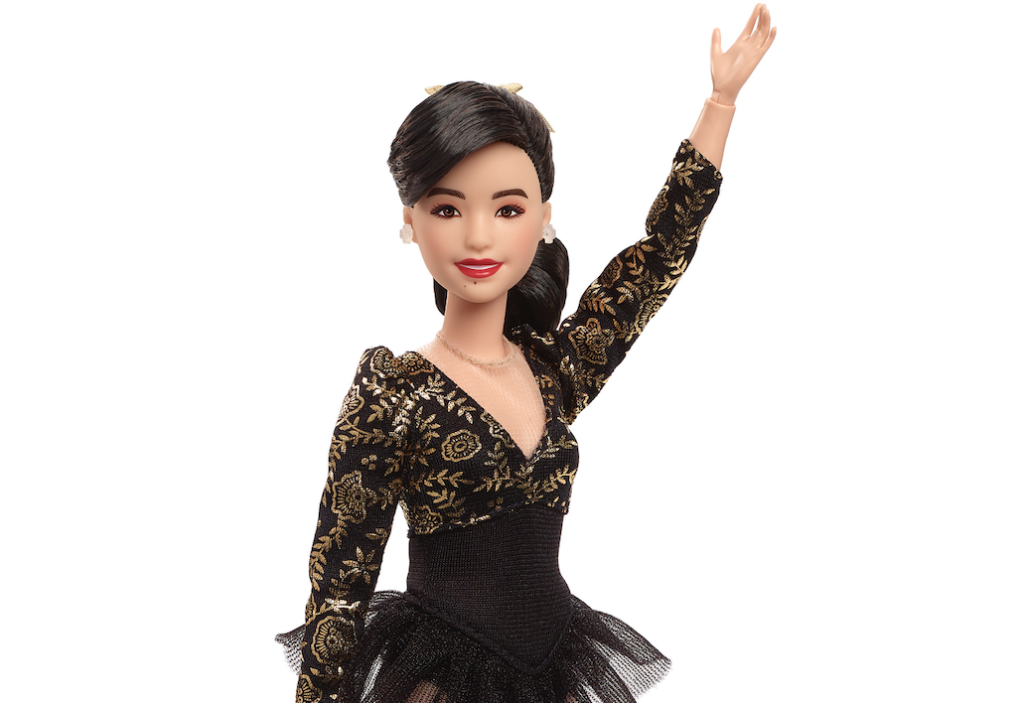When Britney Davis joined Capitol Music Group as Vice President-Artist Relations, Marketing and Special Projects in January 2018, her arrival coincided with the signing of a fast-rising star, Lil Baby, via Motown’s partnership with his team at Quality Control Music, the management and label home to hip-hop powerhouses Migos, Cardi B and Lil Yachty.
Davis brought a decade’s worth of experience on the artist management, talent agency and booking side (at her alma mater Howard University) when she began working with Lil Baby (real name: Dominique Armani Jones) to expand his mainstream profile. This included a wildly prolific 2018, during which the rapper released three full-length projects, and a transitional 2019 where he partnered with Doritos on a fan-driven contest to team up on an original song that shattered the brand’s records for engagement.
All that activity helped set the table for the February 28 release of Lil Baby’s latest album “My Turn,” which debuted at No. 1 on the Billboard 200 on the strength of hits like “Woah” and “We Paid.” A June re-release, featuring the acclaimed, Black Lives Matter-inspired single “The Bigger Picture,” only further boosted the album’s commercial viability. The sustained success helped “My Turn” become the most-streamed, most popular album among music listeners in 2020 year-to-date, selling 1.467 million album-equivalent units during the first half of the year, according to MRC Data.
That Lil Baby’s music has connected as widely as it has is all the more remarkable given his relatively low public profile compared to his more PR-friendly peers. In a rare interview earlier this year, the New York Times declared that Baby “Might Be Rap’s Most Reluctant Star,” and Davis says he’s only likely to jump on platforms like TikTok after his fans start creating viral challenges for him.
“It’s been great to see our journeys at the company grow in parallel,” says Davis, who was recently recognized by Billboard’s 40 Under 40 and R&B/Hip-Hop Power Players lists for her achievements with Lil Baby. “And with this latest release of ‘My Turn,’ it’s been great to see the world get to see what I’ve seen in him from the beginning.”
In addition to Lil Baby, Davis leads marketing for a variety of the label’s artists including Quality Control rap duo City Girls and Motown’s R&B singer/songwriter Tiana Major9. She also sits on Universal Music Group’s Task Force for Meaningful Change and CMG’s Task Force for Diversity & Inclusion.
Brand Innovators hosted Davis at its November 16 Marketing To Gen Z Livecast, and excerpts from the conversation have been included here (edited for length and clarity). Click the link below to watch the full Fireside Chat, moderated by entertainment marketing consultant Andrew Hampp.
Brand Innovators: What brand pillars – and brand filters – does Lil Baby have as an artist? What does he stand for, and how do you apply those filters for the strategies you employ for his content and music drops?
Britney Davis: There’s a few pillars that we make sure we highlight in every meeting, every conversation. It’s authenticity, it’s being intentional, and the fact that he’s a storyteller who speaks for the people that look like him and communities where people may not have had those opportunities. Those are the things we want to weave into every campaign we do, especially when it comes to album rollouts.
Lil Baby’s “My Turn” is the most-streamed, most-consumed album of 2020 thus far. It was also one of the last event albums to be released right before the pandemic, on February 28. How did that timing help in terms of securing a big debut, with sales of 197,000 album-equivalent units, and sustaining that growth the rest of the year?
It seems like a lifetime ago. Literally the week that we got shut down was when we finished our promotional run with him. But before “My Turn,” Baby released three music projects in 2018 and then didn’t release any of his own projects in 2019, so we knew when it was time for the album he had to make a statement.
And what we knew going into the album was that people knew the songs, but they didn’t know him. They couldn’t put a face to the name, they didn’t really know what he stood for, but they knew he had these big records. So going into it we knew we had to make sure that we showcased his personality, the fact that he’s a lover of music, he’s a family man and the fact that he’s committed to his community.
We wanted to tell these stories on different platforms and identify which ones where we wanted to increase the audience, identify ones where we knew he naturally gravitated towards so we could double down on those. And then have him be open-minded and experiment with new ones for the first time. Every person we aligned with who wanted to help us with the marketing and the rollout, from brands on, we made sure those pillars were identified early, and all activation and experiential tied back into what we wanted to do, which was increase his overall profile.
Gen Z makes up the majority of Lil Baby’s fanbase. What are some key things you’ve learned about reaching them? Are they as fickle as the studies would have you believe, or can they be brand loyal with the right approach?
For Baby specifically, they have been incredibly loyal. And that goes back to reaching them in several areas, there’s not one entrypoint. And our strategy of content really super-serves what they want, especially in experiential. They don’t want to be marketed to, they just want to be included in the process. And we wanted to make sure that they felt it. Whether he would put up a poll on Instagram asking, “Which cover do you like?” or polls on Twitter, they could feel like, “this is our project.” Including them in that way has allowed them to be loyal. They’ve been on the journey as long as I’ve been with him, his win is their win. His fans don’t have a name like other artists and their armies, but they definitely make their presence known and felt for sure.
Lil Baby is one of the stars of a brand-new campaign from Beats that just came out with a powerful message about racial justice and cultural appropriation, “You Love Me,” which debuted on digital November 12 and will air soon on broadcast. How did that come about?
When Beats wanted to do this campaign, it basically just spoke to the fact that, “you love Black culture, but do you love me?” And with Baby, it was one of those brands where he said, “How can I be involved?” And to be involved in this commercial with Naomi Osaka and Bubba Wallace, it’s just a beautiful piece. Every time I see it, I get chills. Artists are honestly demanding that brands take a stand for their participation, and Beats definitely made a stand in a most beautiful way. The moment was bigger than everybody involved.
That speaks to the two-way accountability that will define the months and years ahead. Brands are still coming to artists not just with a check but with a checklist of deliverables they want them to provide, and artists are pausing to say, “That’s great, but who are you hiring behind the camera that represents me?”
And not just what you’re doing now, but what you have been doing. “Is this a real long-term commitment, not just a phase of something right now that people want to jump on? How are you really dedicated to this culture?” To Baby’s credit, and other artists I work with, they’ve had that kind of stance even prior to this year. They’ve been willing to say no to checks if it doesn’t align. Even if it’s something as simple as a product integration in a music video, the question is, “how does it make sense?”
I would imagine that’s where Gen Z and the importance of authenticity comes into play too.
Gen Z will call it out. “You don’t even use that product, you were just online using this.” Then it becomes crisis management and strategic marketing in a whole different way.
The pandemic has changed a lot of things for the music industry, not least of which is the number of ways new or undiscovered artists get heard without the ability to tour and open for bigger name acts. What are some ways you’ve found success with helping smaller acts break through during COVID, such as rising Motown artist Tiana Major9?
It is challenging. With Tiana specifically, she lives in London, so she’s not here. For some places we’ve been able to, with strict COVID guidelines, shoot different content and do live performances. But that’s compounded when the artist doesn’t live here and you’re trying to do it remotely times 2.
But it helps when we can pair brands under the umbrella of Motown, which as a brand name is bigger than some of our emerging artists. So we’ve done a lot of things under the brand name like Q&As, R&B nights and emerging artist showcases for brand alignment. It’s busy out there, and with artists being home they just want to put music out, out, out. So it’s about, how can we still get our Tianas to resonate? She did a partnership recently with E.l.f. cosmetics, and that also came from combining under the Motown name, and she’s done some at-home performances like “Kelly Clarkson.”
So we’re still making content, we’re just making sure we find ways to have it cut through the City Girls and Lil Baby’s whose fans are at a different space. Tiana speaks to a whole different side of the audience, and even though her fanbase might not be as large right now, you have to keep building fan by fan. We’ve been trying to do that with a lot of our artists, and it can get a bit discouraging, because these artists want to get on the road and get these opportunities that can’t be afforded right now.
Tell us a little more about your career background. You got your start on the agency and management side before joining CMG in 2018. What were some of the roles you worked, and how did you hone your skills as a music marketer at each of those?
I think one of my super powers or things that made me able to do what I do is gain the trust of the artist. Being on the management side, I can foresee certain conversations and be the bridge and connector to make sure both parties involved — whether it’s the label and the artist or the brand and the artist — really come to a common place. I’m definitely an artist advocate, and I want to make sure their vision is represented in whatever they do. When I was managing an artist I was doing that, when I was on the agency side and doing touring I wanted to make sure they were packaged in the right spaces. And coming into the label, it’s the same thing from a different angle, being able to establish trust in an artist. You’re not going to change them, but the ability to help develop and shape who they’re going to be is paramount.
In addition to your day-to-day at Capitol, you’ve played a key role in the advancement of racial justice within the music industry. You were a part of The Show Must Be Paused back in June, and are a founding member of UMG’s Task Force for Meaningful Change and CMG’s Task Force for Diversity & Inclusion. Now that we’re nearly six months into this new phase of the Black Lives Matter movement, what measurable change have you seen so far, and what would you like to see heading into 2021?
I think the music industry right now is in a place of change, and I am super optimistic about what’s to come. That came from a lot of really hard conversations with some people that you do work with on a daily basis. It’s uncomfortable, but if everyone’s coming from the intention of wanting a change in a positive direction, those conversations have been able to create change.
With the task force, we were super involved making sure people were registered for voting in the Black and Latino communities. We just launched last week an internship for HBCU students who will be able to have a paid internship through UMG across all our business units, and we started a mentorship program with a really dedicated focus to hiring more people of color. It’s about getting Black executives in higher positions to represent the music that is most profitable, especially right now.
Speaking of 2021, what are your predictions for music marketing in the year ahead?
We will have to figure out the live touring space. I don’t think the artists or the business are going to have another year of no shows like it was, so that’s our focus. How can we have that connection in the live space? There will be a real focus on figuring how we can have it resemble something more like touring in the more traditional sense.
Andrew Hampp is an entertainment marketing consultant for Brand Innovators and the founder of consultancy 1803 LLC, based in Berkeley, California.




